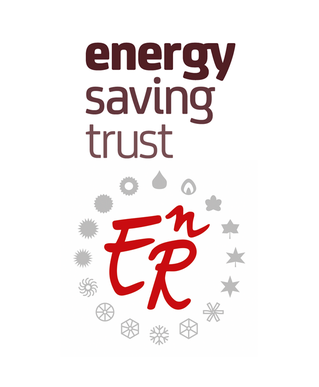Search eceee proceedings
Alleviating energy poverty: An interplay of energy and social policy?
Panel: 3. Policy and governance
This is a peer-reviewed paper.
Authors:
Viktoria Noka, Öko-Institut (Institute for Applied Ecology), Germany
Katja - a Schumacher, Oeko-Institut, Germany
Katja Hünecke, Oeko-Institut, Germany
Johanna Cludius, Öeko-Institut, Germany
Abstract
The issue of energy poverty is prominently debated in the context of energy efficiency policies. The households which are most affected are those already vulnerable to income poverty. Energy poverty can only be tackled by a combination of policies and measures, encompassing different policy domains (e.g. social policy and energy policy) and actors on the national, regional or local levels.
The aim of this study is to elaborate and examine instruments and measures in place to combat energy poverty in a selection of EU Member States (Denmark, France, Ireland, Sweden and the United Kingdom), test their applicability and transferability to the German context and draw tentative conclusions about a transferability approach in other countries. A special focus lies on policies which alleviate energy poverty and at the same time contribute to reducing energy consumption.
Our assessment identifies six essential aspects which should be met (at least in part) in order to address both energy poverty issues and energy efficiency in Germany. Measures and instruments should i) have a long-term focus ii) address the target group of low-income households, iii) offer a combination of information and financial investment incentives, iv) be implemented preferably at the local or regional level or even peer-to-peer, v) address the landlord/tenant dilemma, vi) not replace social policy but focus on energy efficiency and behaviour in a way not to distort distributional effects.
We find that the socially responsible design of energy and climate policies is a particular challenge, but that it is essential in order to generate broad social support for the far-reaching changes needed to achieve ambitious efficiency targets. An exchange of experience and mutual learning across political and geographical borders can prove beneficial in this context.
Downloads
Download this paper as pdf: 3-153-19_Noka.pdf
Download this presentation as pdf: 3-153-19_Noka_Presentation.pdf
Panels of
1. The dynamics of limiting (energy) consumption
2. What's next in energy policy?
4. Monitoring and evaluation for greater impact
5. Smart and sustainable communities
7. Make buildings policies great again
8. Buildings: technologies and systems beyond energy efficiency
9. Improving energy efficiency in ICT, appliances and products

























